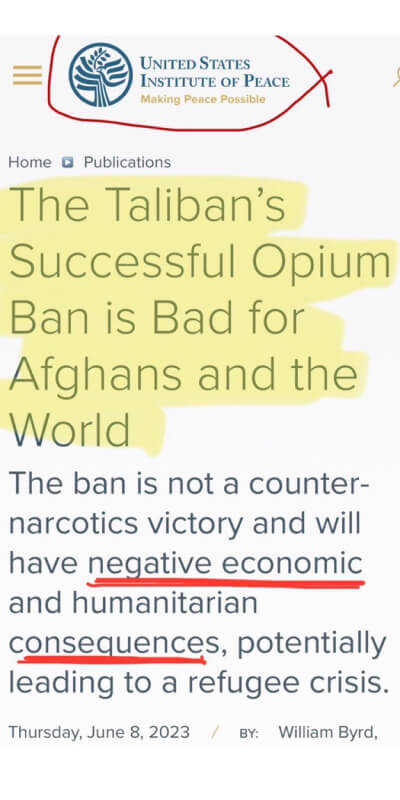Musk: U.S. Institute of Peace Attempted to Delete One Terabyte of Financial Data to ‘Cover Their Crimes’
U.S. Institute of Peace (USIP) officials attempted to delete one terabyte of financial data to “cover their crimes,” Department of Government Efficiency (DOGE) Chief Elon Musk alleged Monday.
After President Donald Trump signed an executive order last month targeting USIP for reductions, DOGE visited the organization’s Washington headquarters, prompting a dramatic standoff.
Prior to DOGE’s arrival, USIP employees reportedly barricaded themselves inside their offices and had to be physically removed by Metropolitan Police Department (MPD) officers. At some point, USIP employees allegedly attempted to scrub damning records, but, according to Musk, the DOGE engineers were able to recover the entire archive.
“They deleted a terabyte of financial data to cover their crimes, but they don’t understand technology, so we recovered it,” Musk posted on X.
The recovered data includes detailed financial transfers tied to individuals and groups in Afghanistan and Iraq.
USIP was receiving “$55M in congressional (taxpayer) funds” every year, the DOGE X account posted, adding that “prior management would sweep excess funds into its private Endowment” which has no congressional oversight.
“In the past 10 years, USIP has transferred ~$13M to its private Endowment, mainly used for private events and travel,” DOGE posted on X.
USIP contracts cancelled by the Trump administration, according to DOGE, include:
– $132,000 to Mohammad Qasem Halimi, an ex-Taliban member who was Afghanistan’s former Chief of Protocol.
– $2,232,500 to its outside Accountant, who attempted to delete over 1 terabyte of accounting data (now recovered) after new leadership entered the building
– $1,307,061 to the Al Tadhamun Iraqi League for Youth
– $675,000 for private aviation services
Mohammad Qasim Halimi is the former Minister of Hajj and Religious Affairs in Afghanistan, according to the Doha forum. He is currently a member of the National Council of Ulema, the highest religious authority in Afghanistan. The National Council of Ulema is responsible for ensuring that all Afghan policies conform to Sharia law.
The Al Tadhamun Iraqi League for Youth is a United Nations Democracy Fund (UNDEF) project that allegedly “works to strengthen youth participation in democratic processes” by “building a network of young activists to develop skills in leadership, negotiation and communication.”
According to Foundation For Freedom Online (FFO) director Mike Benz, USIP had been “bribing Afghan Taliban warlords to keep the drugs flowing.”
In April of 2022, the Taliban imposed an edict banning all types of narcotics, including cultivated opium poppies, Afghanistan’s most valuable cash crop. USIP lobbied against this.
“Any government institution is most likely to be the opposite of its name,” Musk said of USIP on X.


































